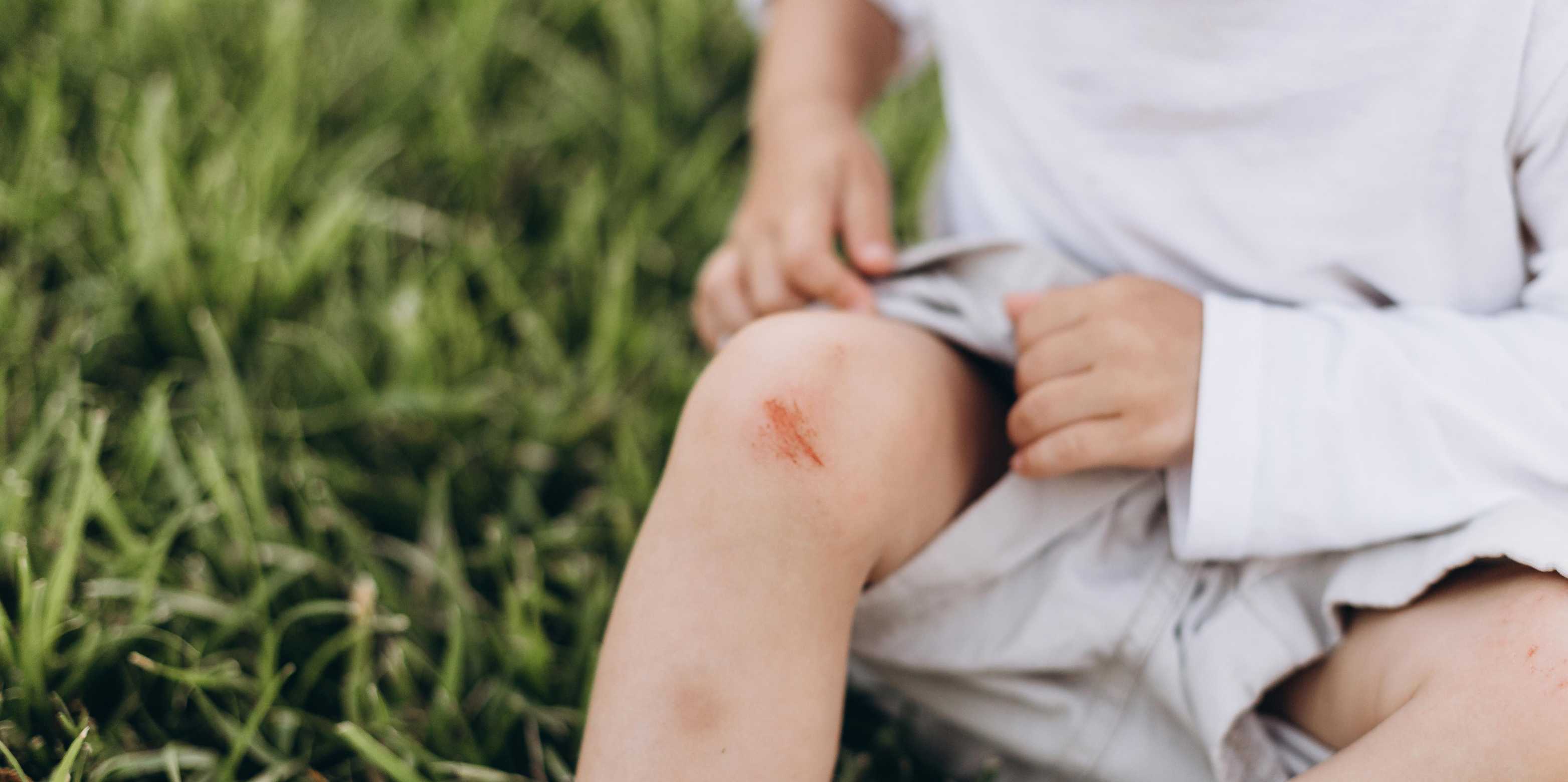How wounds heal – and cancers grow
There are some striking parallels between how skin wounds heal and how malignant tumours grow. Cell culture can help us understand the mechanisms involved – but animal testing still has a role to play.

Picture the scene: you’re chopping an onion, and suddenly the knife slips, leaving you with a painful cut on your index finger. It’s something most of us have probably experienced at one time or another. Fortunately, these kind of wounds usually heal within a week – but sometimes things take a more complicated turn. Wounds can become infected after surgery, for example, and many elderly people suffer from chronic open wounds that won’t heal. And even when the healing process runs smoothly, it may still leave an unsightly scar.
Wound healing is the main area of research of ETH professor Sabine Werner. A biochemist by training, her interest lies in the molecular and cellular mechanisms used by cells to heal wounds and form scars. In one of the most significant milestones of her research career, Werner was able to show that activin – a cellular growth factor – is a major orchestrator of wound healing. Moreover, she showed that this factor not only plays a key role in wound healing but also in the development of cancer.